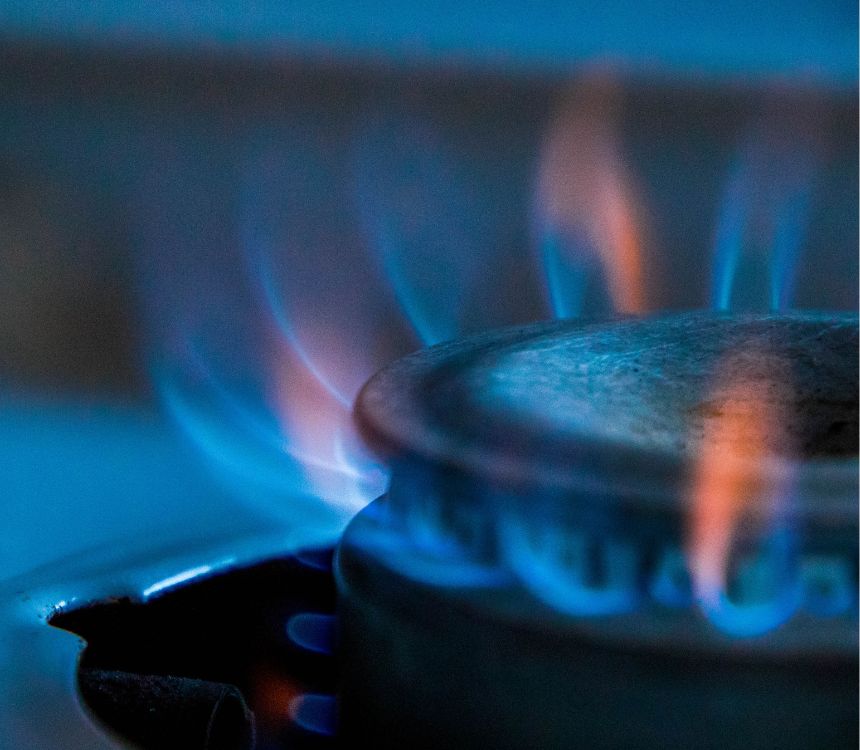Whether you’re a landlord or a homeowner, ensuring your property’s gas appliances are safe is vital. In the UK, this safety check comes in the form of a Gas Safety Certificate, often called a CP12 certificate. But how much does it actually cost to get one? This guide will give you clear, practical information on prices, why it matters, and how to get the best deal.
What Exactly is a Gas Safety Certificate?
A Gas Safety Certificate is issued after a qualified Gas Safe engineer checks all gas appliances in your property. They inspect boilers, cookers, heaters, and gas fires to make sure they’re working safely, helping to prevent gas leaks, carbon monoxide poisoning, and potential accidents.
In the UK, landlords legally must get a Gas Safety Certificate every year. While homeowners aren’t legally required to, it’s strongly advised as part of routine home safety.
Get the Gas Safety Certificate
Book your gas safety inspection with a Gas Safe registered engineer today and stay safe and compliant!
Why is a Gas Safety Certificate Important?
Legal Obligation for Landlords: Under UK law (Gas Safety Regulations 1998), landlords must have an annual Gas Safety Certificate for rental properties.
Safety Assurance: Ensures your gas appliances are safe, protecting you, your tenants, or your family from serious hazards.
Insurance Purposes: Many insurers require valid gas safety certificates before providing home insurance cover.
What Does a Gas Safety Certificate Cost?
The typical cost for a Gas Safety Certificate in the UK ranges from about £50 to £150. However, prices can vary depending on a few factors, which we’ll outline below:
Average Prices Across the UK
For standard residential properties with up to two gas appliances, expect to pay around:
- £50–£90 outside major cities
- £80–£150 in London and other big cities
Extra Appliance Charges
Most Gas Safe engineers include two appliances within their standard fee, usually a boiler and cooker. Extra appliances typically cost £10–£20 each to inspect.
Prices by Property Type
- Small flats and standard homes: £50–£90
- Large homes with multiple appliances: £100–£200
- Commercial buildings: £200–£500 (due to more complex requirements)
- Emergency or Out-of-Hours Costs
If you need an urgent inspection or one outside typical working hours, expect to pay an extra £50–£100 on top of the usual cost.
What Influences the Cost of a Gas Safety Certificate?
The key factors affecting the price include:
- Number of Gas Appliances: More appliances mean higher costs.
- Location: Urban areas, especially London, usually charge higher rates.
- Type of Appliances: Boilers or older appliances may require more detailed inspections.
- Time of Year: Prices and availability may vary, especially during colder months when demand increases.
Tips for Saving Money on Your Gas Safety Certificate
Here’s how to keep costs down:
Get Quotes from Multiple Engineers: Prices vary significantly, so it pays to compare quotes from different Gas Safe registered engineers.
Avoid Peak Season: Book inspections during quieter months (e.g., spring or summer) when engineers are less busy.
Combine Checks and Servicing: Some engineers offer discounts if you combine gas safety inspections with boiler servicing.

What Happens During a Gas Safety Inspection?
During the inspection, a Gas Safe engineer will:
If the engineer finds a problem, they will advise on repairs required before issuing the certificate.
Check all gas appliances for correct installation, operation, and safety.
Ensure ventilation systems are clear and working properly.
Inspect flues and chimneys for blockages or damage.
Look for gas leaks in pipework and connections.
In Closing
The cost of getting a Gas Safety Certificate in the UK usually ranges between £85 and £150, depending on location, property type, and number of appliances. For landlords, it’s not only essential for legal compliance but also ensures the safety of your tenants.
Investing a modest amount each year in a Gas Safety Certificate provides peace of mind and keeps everyone safe. Remember to shop around, plan ahead, and combine services where possible to get the best value for money.
FAQs
No, homeowners don’t have a legal obligation. However, annual gas safety checks are strongly recommended for your safety.
No, a Gas Safety Certificate requires a physical inspection by a Gas Safe registered engineer.
Typically, it takes around 30 to 60 minutes, depending on how many appliances you have.
No. Only engineers registered with Gas Safe can legally issue a Gas Safety Certificate.
Landlords must renew their certificate every 12 months by law. Homeowners are recommended to follow the same schedule, although it’s not compulsory.
Further Reading
Commercial Gas safety Certificate
Commercial Catering Gas Certificate
Commercial Gas Safety Certificate Near Me: What Businesses Need to Know
Who is Responsible for Gas Safety Certificates in Commercial Properties?
What Certificate Does a Commercial Landlord Require for Gas?
How to Obtain a Commercial Gas Safety Certificate for Your Property
Getting the Commercial Gas Certificates for Hospitality
Do Retail Premises Require a Commercial Gas Safety Certificate?
Avoid Common Pitfalls with Your UK Commercial Gas Safety Check
What Restaurants Need to Know About Gas Appliance Ventilation
Essential Gas Safety Tips for Restaurants: Protecting Your Business
Commercial Gas Safety Certificate Costs: What Businesses Need to Know
What is the Validity of a Commercial Gas Safety Certificate for Businesses?
Do I Need Gas and Electrical Certificates in a Commercial Unit?
Understanding the Commercial Catering Gas Safety Certificate Law
Who Needs a Commercial Gas Certificate?
Who Can Issue a Commercial Gas Certificate?
Do Small Businesses Need a Commercial Gas Certificate?
Restaurant Gas Safety Training for Staff: Best Practices
How to Choose Safe Gas Appliances for Your Restaurant Kitchen
Top Reasons Your Business Needs an Annual Commercial Gas Check